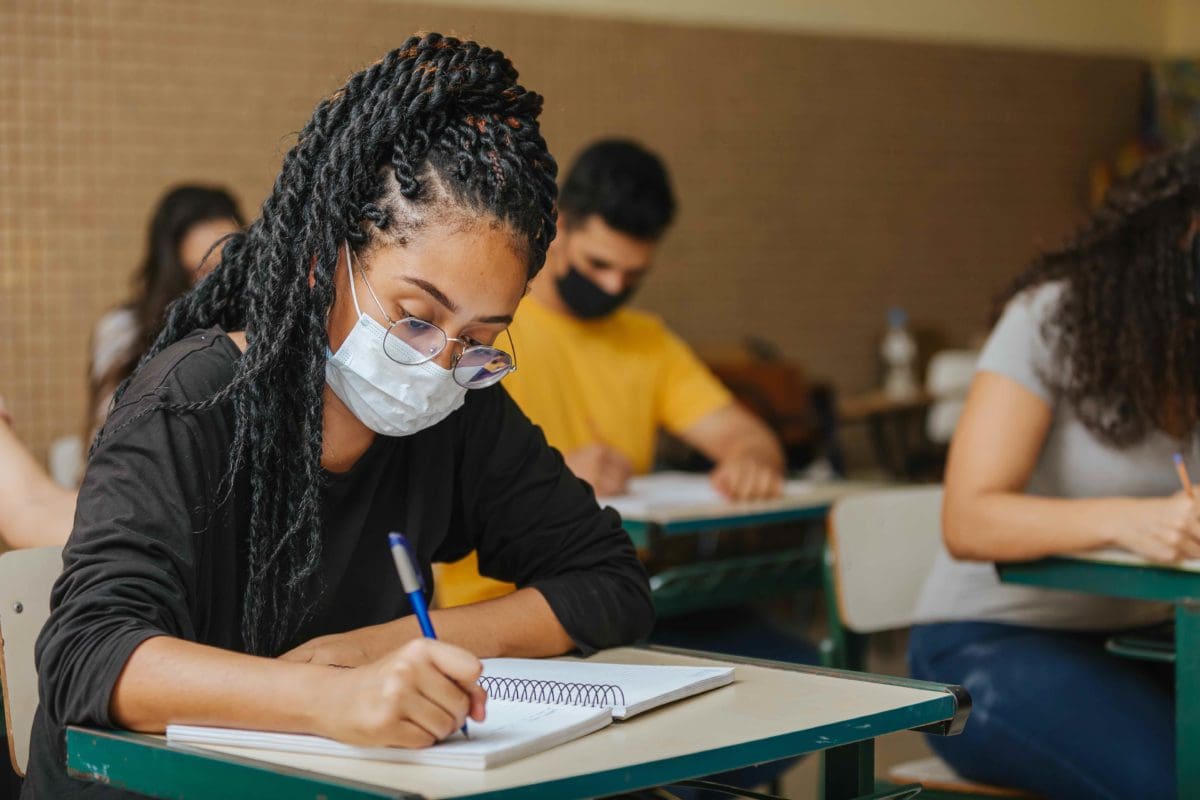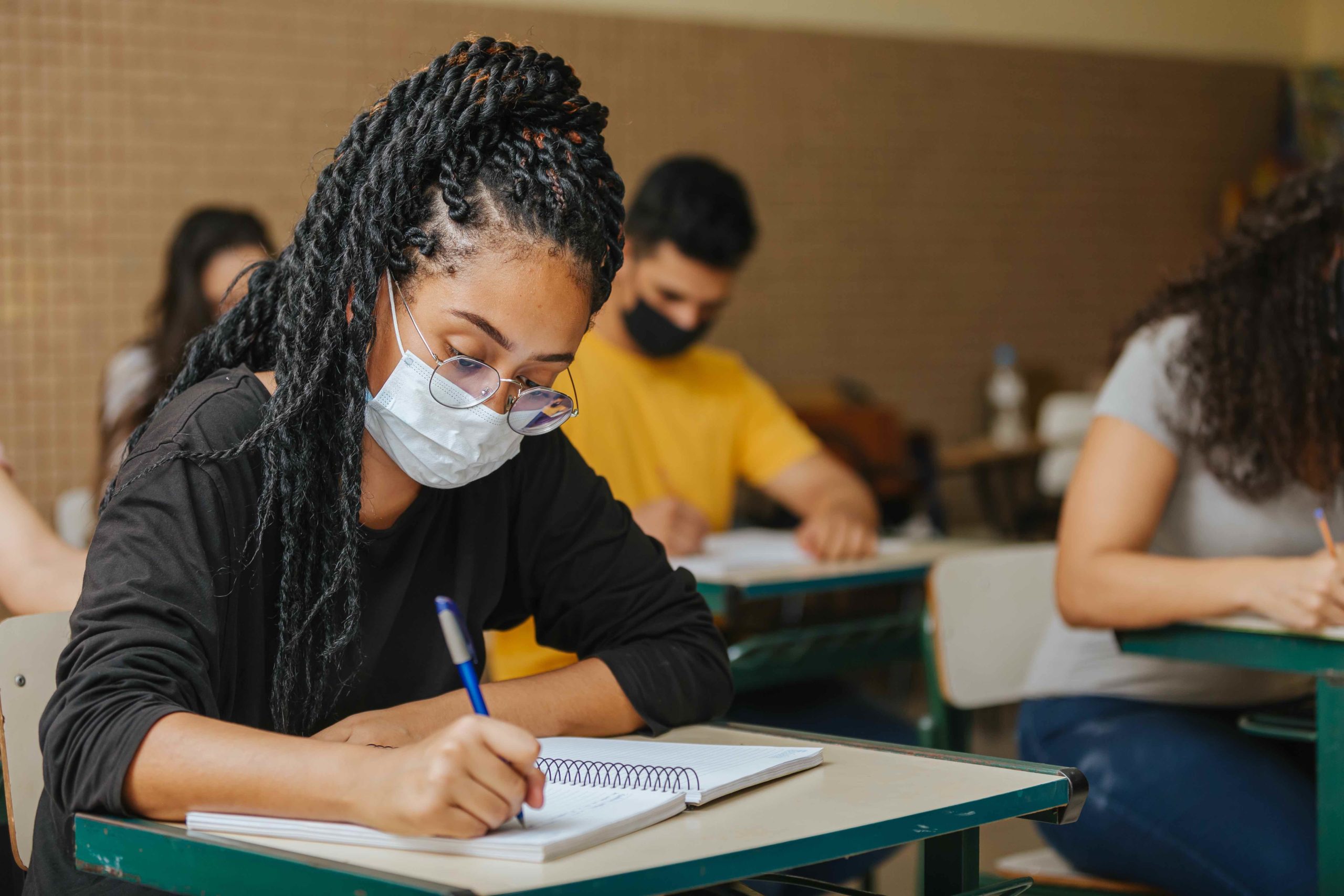According to the CDC’s 2009-2019 Youth Risk Behavior Survey, mental health is a growing problem for adolescents. The number of high school students that report persistent feelings of sadness or hopelessness has increased by 40% over the past 10 years, and the number of students who say they’ve seriously considered suicide has increased by 44%.
These startling results are from surveys that were conducted before students faced COVID-19 restrictions, including school closures. Newer research indicates that nearly one-third of parents believe their child’s mental and emotional health has worsened following months of isolation, stress, and disruption caused by the pandemic.
Elected school boards are facing a number of challenges as they work to close the education gaps exacerbated by lockdowns and distanced learning. Cities and county commissions have an opportunity to work with school boards and can play a crucial role in addressing this mental health crisis by providing support through youth-centered programs and initiatives. Mayors and city councils should not shy away from this responsibility.
Research suggests that the isolation and loneliness felt by many youth during the pandemic is likely to lead to increased depression and anxiety, particularly among teens. Local governments should consider investing in organizations and programs that focus on getting students outdoors and moving while also strengthening connections with other students and members of the community.
In New Orleans, a small group of teachers began running with students after school with the goal of building healthier habits and a more interconnected community. The nonprofit they formed in 2010, Youth Run NOLA, is a sports-based mentorship program that offers a structured program of weekly practices and monthly events with running coaches and community members. The programs support youth by teaching them to build healthy habits, set and achieve goals, and develop relationships — key components of healthy mental health. The organization also has an equity commitment, as 80% of Youth Run NOLA’s student runners are from communities of color.
Similar programs in many other cities around the country are ready to expand their offerings if given the funding. Cities have an opportunity to leverage recovery dollars to allow these existing programs to support more youth.
Cities with direct control over schools can leverage their health departments to embed mental health professionals within schools. In Washington, D.C., traditional and charter schools are assigned a mental health professional from the Department of Behavioral Health or a community-based organization. School leaders identify the specific needs for their school environment, and work with the city to find a clinician with the skills to match the need. Even for cities without mayoral control of school districts, this model can be replicated by creating partnerships between the school board and the city or county health department.
We owe it to our youngest generation to nurture their mental health as they cope with the challenges of the pandemic. The challenges that students — and teachers — will face once school returns are immense. Far too often, the school has the burden for addressing nearly every challenge a student faces, from academics to social welfare. To set students up for academic success, city leaders can do their part by investing in youth mental health and teacher supports.
Akeem Anderson is the director of government affairs at CityHealth.





